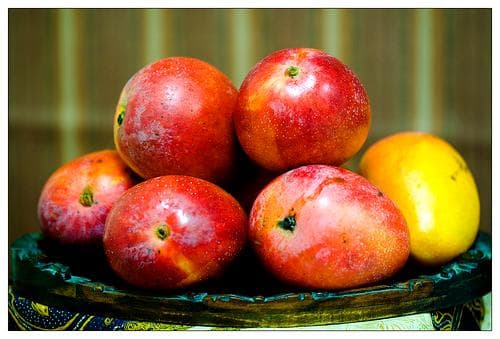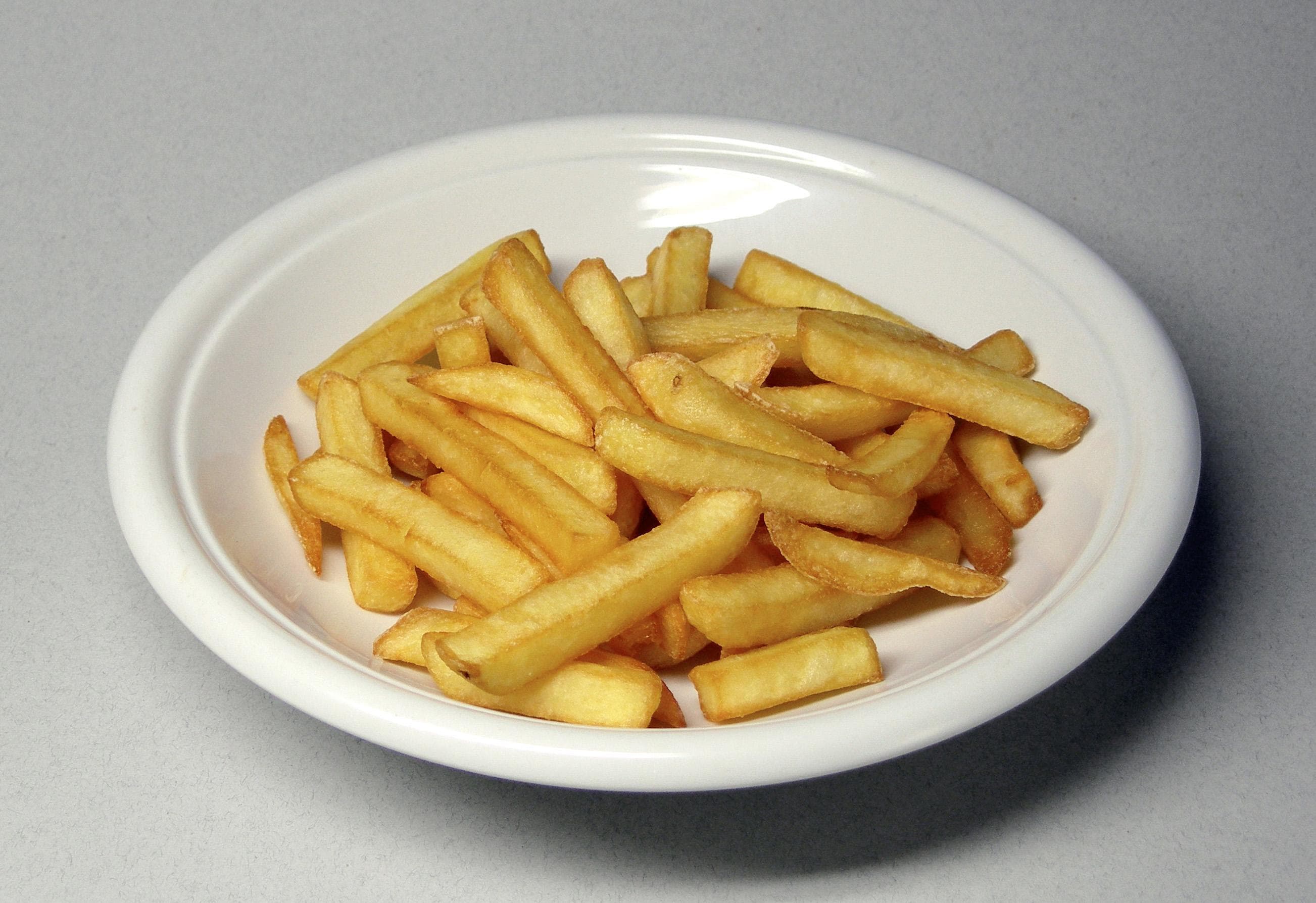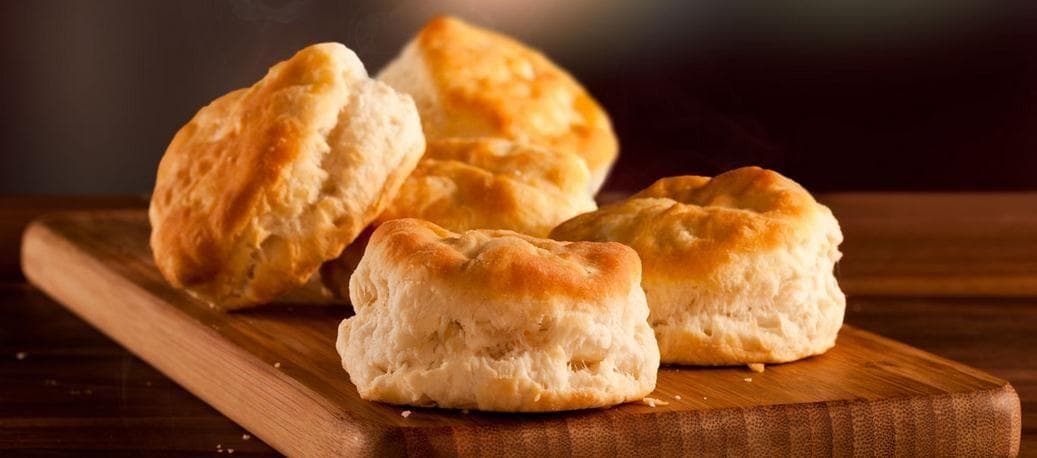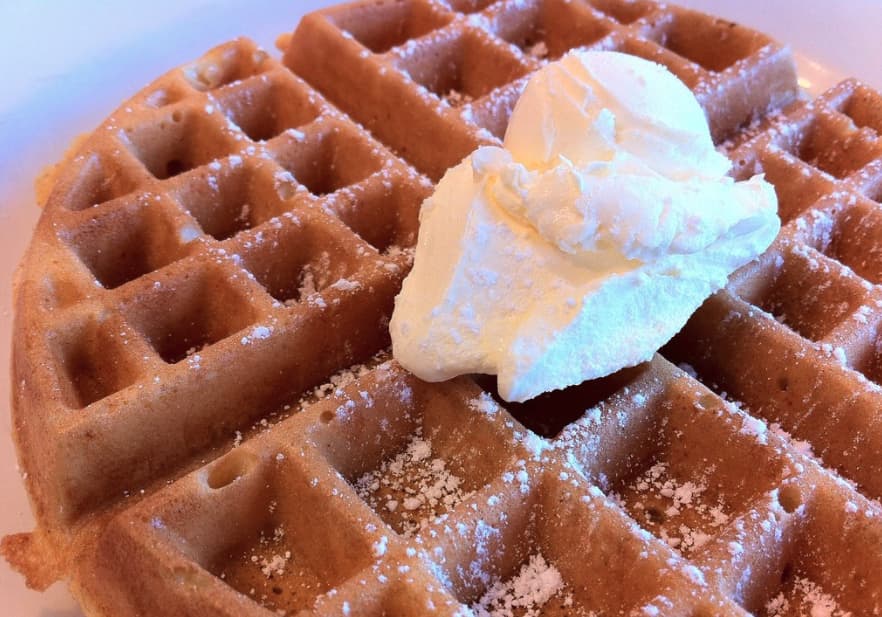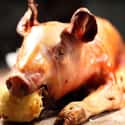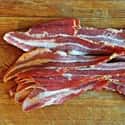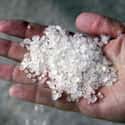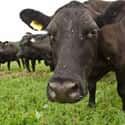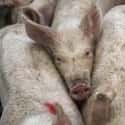-
(#1) Emu
In the '30s, an overabundant emu population decimated crop yields in Western Australia. Farmers in the region were World War One veterans, granted land by the government in exchange for their service. Facing a potential PR disaster, the Australian government declared war on the flightless birds.
An army was convened near Perth, and marched out to meet the emus on the battlefield. As it turns out, giant, conniving birds don't stand around waiting to be shot. The emus scattered in the face of the guns, creating chaos and vanishing into the brush. In one instance, machine gunners killed only 10 to 12 birds from a flock of 1,000. The Australian press loved the pandemonium. Here's a choice quote:
"The emus have proved that they are not so stupid as they are usually considered to be. Each mob has its leader, always an enormous black-plumed bird standing fully six-feet high, who keeps watch while his fellows busy themselves with the wheat. At the first suspicious sign, he gives the signal, and dozens of heads stretch up out of the crop. A few birds will take fright, starting a headlong stampede for the scrub, the leader always remaining until his followers have reached safety."
In the end, the army packed up and headed home, leaving ammo in the hands of farmers, so they could shoot emu for themselves. -
(#2) Wine
The Ottoman Empire was at the top of its game when Sultan Selim II came along. Selim didn't care nearly as much about his people as he did about drinking, and his favorite drink was wine from Cyprus. When he started to run out of this wine in 1571, he decided to get more by attacking Cyprus. Though at first successful, the backlash from this act of war was devastating. Selim lost almost his entire navy, and the Ottoman Empire began a decline from which it never recovered. -
(#3) Suckling pig
In truth, the Pig War was fought over a pig and some potatoes. In the 1850s, an uneasy truce existed between American and British inhabitants of a group of islands caught between the coasts of Canada and Washington. The confused border between Canada and the US made it difficult to determine exactly who belonged where.
Tensions boiled over in June, 1859, when British pig wandered onto an American farm and ate some potatoes. In a fit of rage, the farmer shot the pig. The pig owner had the farmer arrested. An American commander who hated Brits got wind of this and sent an infantry company to the island. The British responded by sending war ships. No one died and the military tension was soon diffused, but an arrangement on the division of territory was not reached until 1872.
The best bit of the whole war is the following exchange, between Cutlar, the American farmer, and Griffin, the British pig owner.
Cultar: …but it was eating my potatoes!
Griffin: Rubbish. It’s up to you to keep your potatoes out of my pig. -
(#4) Pastry
Leave it to the French to take their pastry too seriously. Following Mexico's independence from Spain, the country was in a chaotic state. Widespread looting and rioting damaged many businesses, including that of French pastry chef Remontel, in 1838.
Remontel asked the Mexican government for compensation, and was basically laughed out the door. So he brought his case to the French government. France used Remontel as a stepping stone to demanding 600,000 pesos Mexico, which included 60,000 for the pastry shop, which was worth about 1,000 pesos. The Mexican government paid not one centavo. France blockaded Mexican ports with war ships and raided the city of Veracruz. Mexico declared war on France and conscripted an army.
Eventually the British brokered and truce between the two countries, and Mexico paid France the 600,000 pesos. -
(#5) Bread
When your people are hungry because they don't have food, what's a ruler to do? If you're a Roman ruler, you go take food. In particular, you take it from someone who has a lot of it, namely, Egypt.
Around 30 BCE, Cleopatra died and Egypt was ripe for the taking. The Romans did exactly that, conquering the kingdom and using it as a means of getting grain and bread for centuries. The area was even called "The Breadbasket" because of its wealth of grain. -
(#6) Lard
If you're going to arm a militia, you should probably give them ammunition they can use. Such was the problem that caused The Indian Rebellion of 1857, also known as the Indian Mutiny and the Sepoy Mutiny. There were several causes to the uprising, including the distribution of rifle cartridges that had to be bitten open to Muslim and Hindu soldiers under the employ of the British Empire.
Not a big deal, right? Except, as it turns out, these cartridges were smeared in grease from cows and pigs, which cannot be eaten by Muslims or Hindus. Or at least, that was the rumor. And the rumor fueled suspicion that the British were out to undermine local culture and customs. Soldiers refused to bite the cartridges, the British punished them, and they rebelled. -
(#7) Salt
In 1482, there began a war in Italy called the War of Ferrara, also known as the Salt War. There have been several salt wars throughout history, but this one takes the cake. The salt cake? Is that a thing?
The War of Ferrara was fought over the trade of salt, which was restricted to Venice as per a commercial pact. A man named Ercole violated this pact by selling salt in Ferrara. Pope Sixtus IV was a little ticked off about that and, along with his Venetian allies, declared war on Ercole. The war ended when Ercole negotiated a treaty with the Venetians, without assistance from Sixtus. The Pope was so furious he died of heart failure. -
(#8) Beef
In 1854, there was a moment of peace between white immigrant settlers, many of whom were Mormon, and the indigenous Sioux tribe in the Nebraska Territory. The peace was not to last.
In what is now Wyoming, a beef cow belonging to Mormon travelers wandered too far from the herd and was killed by a local native. The American response was devastating overkill. Soldiers went to arrest the Sioux responsible and ended up killing the tribe's chief. In retaliation, the tribe killed 27 soldiers, an act the press called a massacre. The Sioux Wars ensued, all because a Mormon couldn't control some cows. -
(#9) Gejang
North and South Korea haven't had a healthy relationship since they were partitioned in 1945. Among other things, the two Koreas have fought over blue crabs living in waters claimed by both nations. Not a war, per se, but a violent conflict none-the-less.
The Yellow Sea, which lies between the Koreas and China, has seen two bloody clashes, in 1999 and 2002, because of crabs. In both instance, fishermen from the opposing countries were seen hauling crabs in regions off limits to them. Violence ensued. Of course, the fight for the crabs is indicative of a much deeper problem, that of border disputes and claims of sovereignty, but the fact remains that the value of blue crab as a food commodity incited violence. -
(#10) Tea
You've probably heard this one before, but it bears repeating. In the 1770s, the British imposed taxes on the American colonies for goods such as stamps, spice, and tea, and the colonials were none too happy about it. So, some guys called the Sons of Liberty decided to show Britain what they really thought of the taxes in the best way they knew how, throwing a bunch of tea into the Boston harbor. Call it a symbolic act of teabagging the British, this Boston Tea Party that essentially started the American Revolution. -
(#11) Rice
In 1945, a devastating rice famine in Vietnam resulted in the deaths of as many as 2 million people. The famine was caused by lingering effects of World War II, natural disasters, and French and Japanese occupation. Rice was poorly distributed and transported, and taxed severely. Local Vietnamese rebels, the Viet Minh, decided to take action. They encouraged the ransacking of rice warehouses and refusal to pay taxes. This eventually lead to a full-scale Indochina War. -
(#12) Honey
What's up with food and border disputes? Any excuse to kick off a little knuckle dusting, yeah?
In the late 1830s, Missouri and Iowa were in hot dispute over a small strip of land. Missouri demanded taxes for the land and Iowa refused. Missouri tax collectors cut down a number of valuable honey bee trees to take as payment. In the wake of this aggressive act of tree felling, militias were assembled on both sides. Luckily, the Supreme Court settled the incident before blood was shed. One might say it was a pretty sweet deal. -
(#13) Pork
You know who Franz Ferdinand is, the archduke whose assassination started the First World War. Do you know much about the lead up to his death? The regional tensions, some of which can be attributed to the Pig War?
At the turn of the 20th century, there was a fair amount of animosity between Serbia and Austria-Hungary, but they kept the peace on account of mutually beneficial trade agreements. However, Serbia went around trade agreements by selling pork to Bulgaria; the Serbian pig industry was booming in the early 1900s.
In retaliation for this secret trading, Austria-Hungary closed off all trade with Serbia entirely. What's more, they spread rumors that Serbian pigs were diseased, in order to ruin Serbian trade elsewhere. -
(#14) Spice
The Dutch and the Portuguese were trading titans in the early 1600s, and one of their major commodities was spice. The market was lucrative, and the vast naval resources of the countries contributed to their dominance of the international market.
To consolidate their trade and economic power, both countries formed trading companies, which instigated an intense rivalry. The Dutch eventually lashed out, raiding Portuguese trading posts throughout Africa, Asia, and the Americas. So began the Dutch-Portuguese War, which lasted longer than 60 years. -
(#15) Sugar
Like the United States, Brazil has a long and sordid history of slavery, which history includes the War of Divine Liberty. This revolt drove the Dutch from Brazil, and played a huge part in the formation of Brazil as an independent country. Sugar played a major role in the war, as money from sugar sales financed the revolt. What's more, the war began with outrage over taxes on sugar. Fought for sugar, by sugar. Sweet.
New Random Displays Display All By Ranking
About This Tool
Whether it is a civilized country or the oldest society known to anthropology, food is at the core of war or aggressive behavior. Soldiers not only need food to survive, but they also need to maintain or strengthen their confidence through food. Food can be an incentive for war. Many archaeologists and ethnologists believe that the period of intense war is related to food shortages. Food can also become a subsidiary product of war, such as canned food.
Have you ever learn about the relationship between war and food? Many human conflicts are caused by food. Whether it is because of a shortage of food supply in a country, or a stray pig attacked an enemy’s plantation, these can all be the beginning of a war. You could find more information with the tool.
Our data comes from Ranker, If you want to participate in the ranking of items displayed on this page, please click here.

